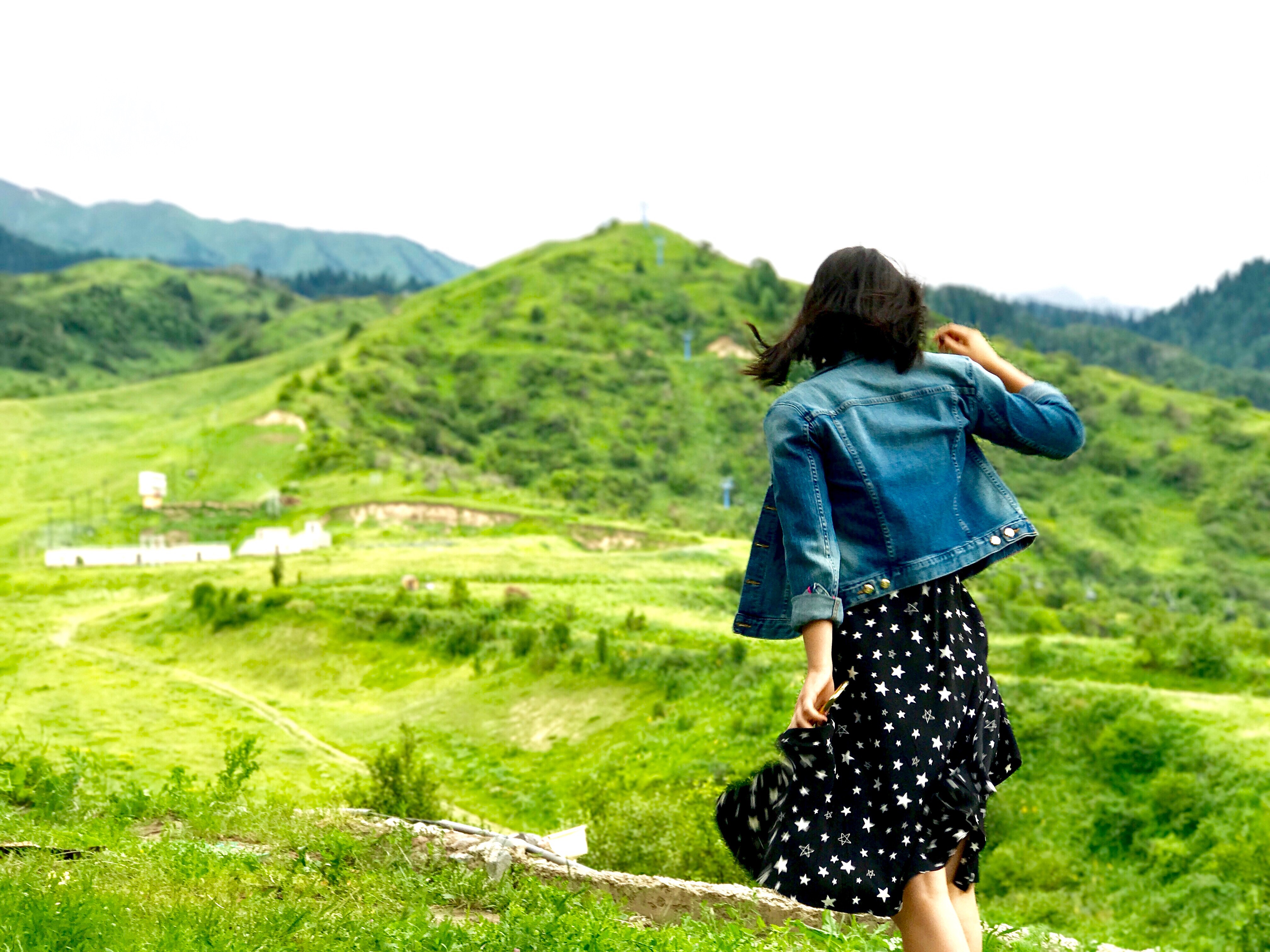This is the revised blog entry for Marie Mourad’s article “Thinking Outside the Bin: Is there a better way to fight “food waste?” The article presents us with the topic of food waste and a research done by the writer about how to reduce it. Mourad also introduces her own opinion about how the issue can be resolved, which I reflect on in this blog post.
The article ‘Thinking outside the bin: Is there a better way to fight ‘food waste’’ written by Marie Mourad addresses the modern issues of society’s attempts of putting excess food to a better use than just simply dumping it into the trash can. The author emphasizes that the main mistake made by the legislators and the food producers is ‘placing the responsibility of food waste in the industrialized world primarily on consumers’. The essence of Mourad’s argument is those producers of food could prevent a significant amount of food waste while it is still in the stage of production, whereas in reality capitalistic structure of food supplying industry encourages farmers and outlets to always produce excess stock of food, which is also supported by government’s tax relief schemes.
I agree that the topical reducing the food wastage is indeed an under-researched issue, a point needs emphasizing since the majority of world organizations still believe that reducing the food waste is down to consumers only and that the problem can be solved with recycling and redistribute schemes. However, my feelings on Mourad’s resolutions are mixed. The author overlooks what I consider an important issue about the large economic impact that ‘changing the food producing market structure’ can cause. It is true that ‘we cannot reduce food waste in industrialized countries without reducing the quantities available per person’, as Mourad says, but does she take into account the number of people losing their jobs during to decreasing food prices. The fall in the price of farm products may also lead to people’s increased buying of them and thus increased wastage as food will become even more accessible.

